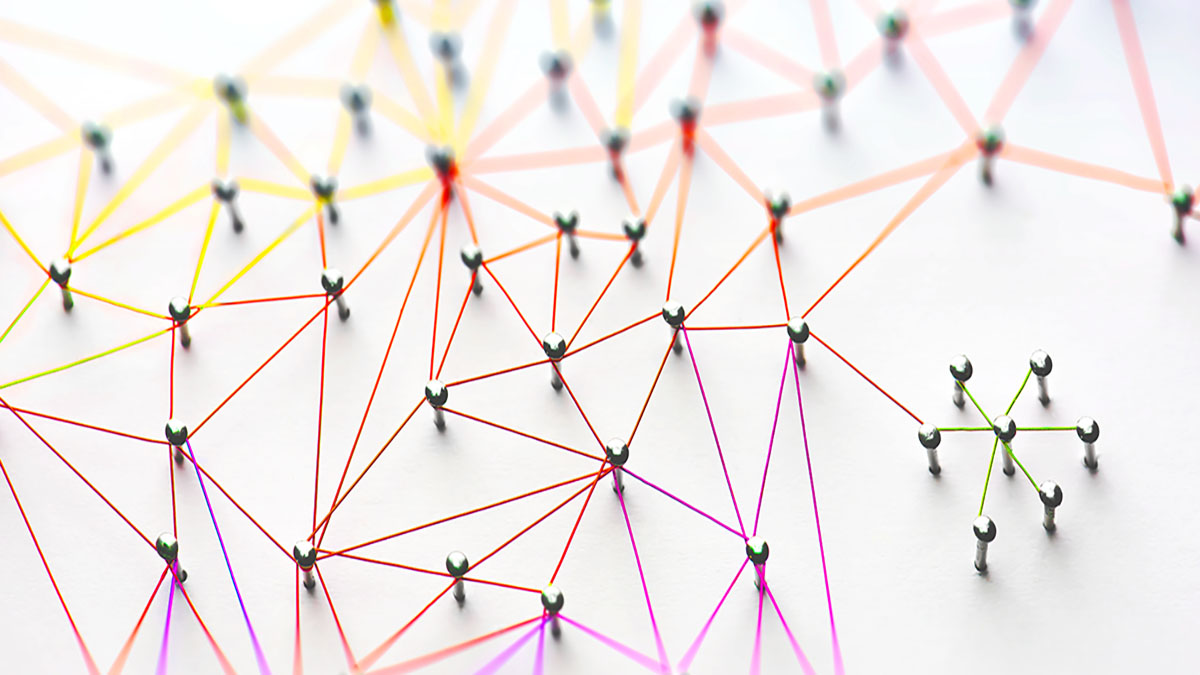According to new research at Carnegie Mellon University, a series of experiments determining if social networks would be beneficial for better decision-making and information processing found that social networks may make things worse.
The paper was published in the Proceedings of the Royal Society A.
Acquiring information regarding social networks is a challenge for researchers during times of crisis or disaster. And so, in their new study, researchers constructed a game in which 2,480 participants made financial-based decisions on evacuating during times of disaster.
The participants were split into 108 groups, comparing and contrasting the decision-making processes of networked groups and isolated individuals.
“We performed experiments involving a novel scenario simulating an unpredictable situation faced by a group in which 2480 subjects in 108 groups had to both communicate information and decide whether to ‘evacuate,’ the co-authors wrote in the findings. “We manipulated the permissible sorts of interpersonal communication and varied group topology and size.”
The findings concluded that in comparison to isolated individuals, communication networks inhibited the required evacuations due to the spontaneous and diffuse emergence of false reassurance. At the same time, communication networks restrain unnecessary evacuations in situations not considered to be of crisis or disaster, researchers determined.
“People in our experiments often displayed both the procrastination and false reassurance seen in real emergency situations, and normalcy bias magnified the damage from collective dangers,” the study affirmed. “In fact, people may be harmed more by a collective threat precisely because they can communicate over a network more easily, as our calculations also show.”
The study was funded by the National Institutes of Health, the Nomis Foundation, the Robert Wood Johnson Foundation, and the Tata Consultancy Services.


